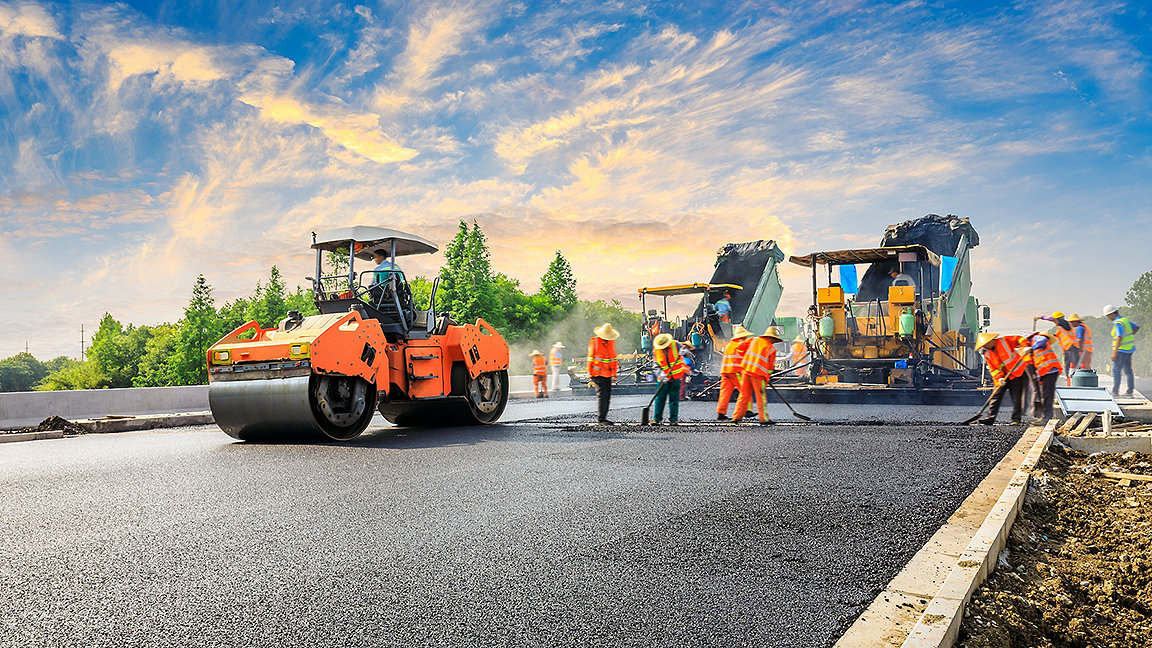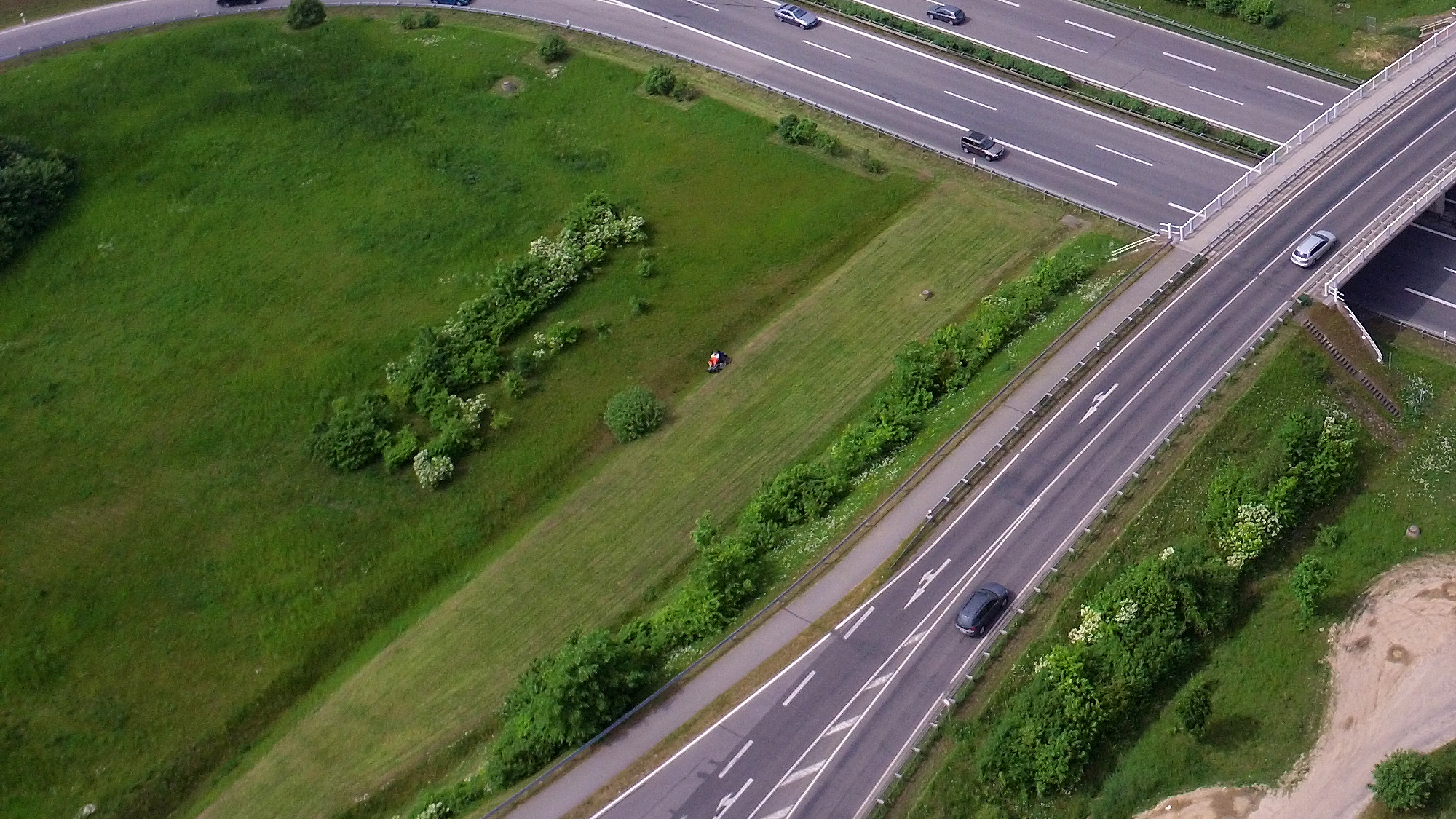
One of the core challenges facing the infrastructure sector is to ensure that projects are completed on time and on budget, while also limiting the impact on the environment.
To achieve those goals, a major cultural shift is required to understand what can be done and to put best practice in place. Digitisation is central to innovation that optimises existing infrastructure, new development and the UK's transition to net-zero carbon.
Historically, UK infrastructure only used around 30% of its project data, gathered from disparate sources, to support the day-to-day running of projects.
At Costain, we knew that the industry needed to expand the visibility and usage of data points to help make decisions in real time. This way, several project metrics could be made more efficient. However, to do this on a large scale required an integrated platform for information.
We set out to develop a data-sharing platform that would help the industry improve programme performance, while at the same time enabling us to meet carbon reduction targets.
Platform enables intelligent data sharing
Following a call from UK Research and Innovation and the government to build an integrated platform for infrastructure information, we were awarded a project to develop and establish the Intelligent Infrastructure Control Centre (IICC), with joint investment from Innovate UK.
Working with the consultancies SAP and Keytree, we used the former's technology to create a cloud-based virtual architecture that could take comprehensive operational data from UK national infrastructure projects and synthesise it into a common digital platform.
This enables the IICC to harmonise significant volumes of insight from projects, to inform better programme, portfolio and enterprise performance across the industry. The platform is designed to allow organisations to record, measure and use data across a variety of critical areas, including project and commercial performance, productivity, carbon emissions and social value, as well as collecting information from devices connected to the internet of things.
The technology enables comparison between all previous projects uploaded to the platform, teasing out patterns in productivity so we can reduce the risk of future projects overrunning or overspending.
The platform can also be used to share innovations between companies, so that good ideas do not become siloed. This is especially valuable when it comes to carbon- and resource-saving measures.
For instance, using the data to identify innovations in machine control has saved 30% on the cost of earthworks for a UK road project. Through the IICC, this innovation could be applied to similar projects immediately. The right platform can also provide greater access to project information for decision-makers, to ensure their choices are better informed.
The use of such predictive analytics is especially important in reducing risk and cutting costs while increasing project efficiencies – for instance, when making routine processes less carbon-intensive and preparing accurate investment cases.
Collaboration accelerates innovation take-up
One significant use of the IICC platform has been as part of the Transport Infrastructure Efficiency Strategy (TIES) Living Lab, a collaboration between 25 partner organisations across academia, government, arm's-length bodies and the private sector. This focuses on data research and digital demonstrator projects for infrastructure.
The lab aims, among other things, to tackle some of the systemic issues that obstruct the use, integration and adoption of ideas that could improve productivity and performance. The data collated by the IICC will make it easier for any organisation to understand and shape the business case for investing in and adopting such innovations elsewhere. This means it can be transferred seamlessly from one supply chain or sector to another, helping to scale up those savings more speedily.
By using IICC, we were able to develop a platform that automatically visualises and analyses data on major design and construction activity across projects for the Department for Transport and TIES partners. In future, the data will also help test artificial intelligence processing to improve its value to end users.
Cultural change can support technical progress
Ultimately, the goal is for data sharing to become the norm across the construction industry. This will encourage innovation, make projects more efficient, create greener IT infrastructure by reducing energy consumption, and save public funds. We see the IICC platform as central to this effort.
We continue to develop the platform, and the next phase will see advanced analytics being used to track progress against plans to determine whether a project is on track.
A cultural shift in the industry will be needed to encourage more data sharing, though. As we see it, better business decisions can be made when we have more information at our fingertips. We hope that the IICC platform offers the starting point for a more open and collaborative construction industry – which we will all benefit from.

